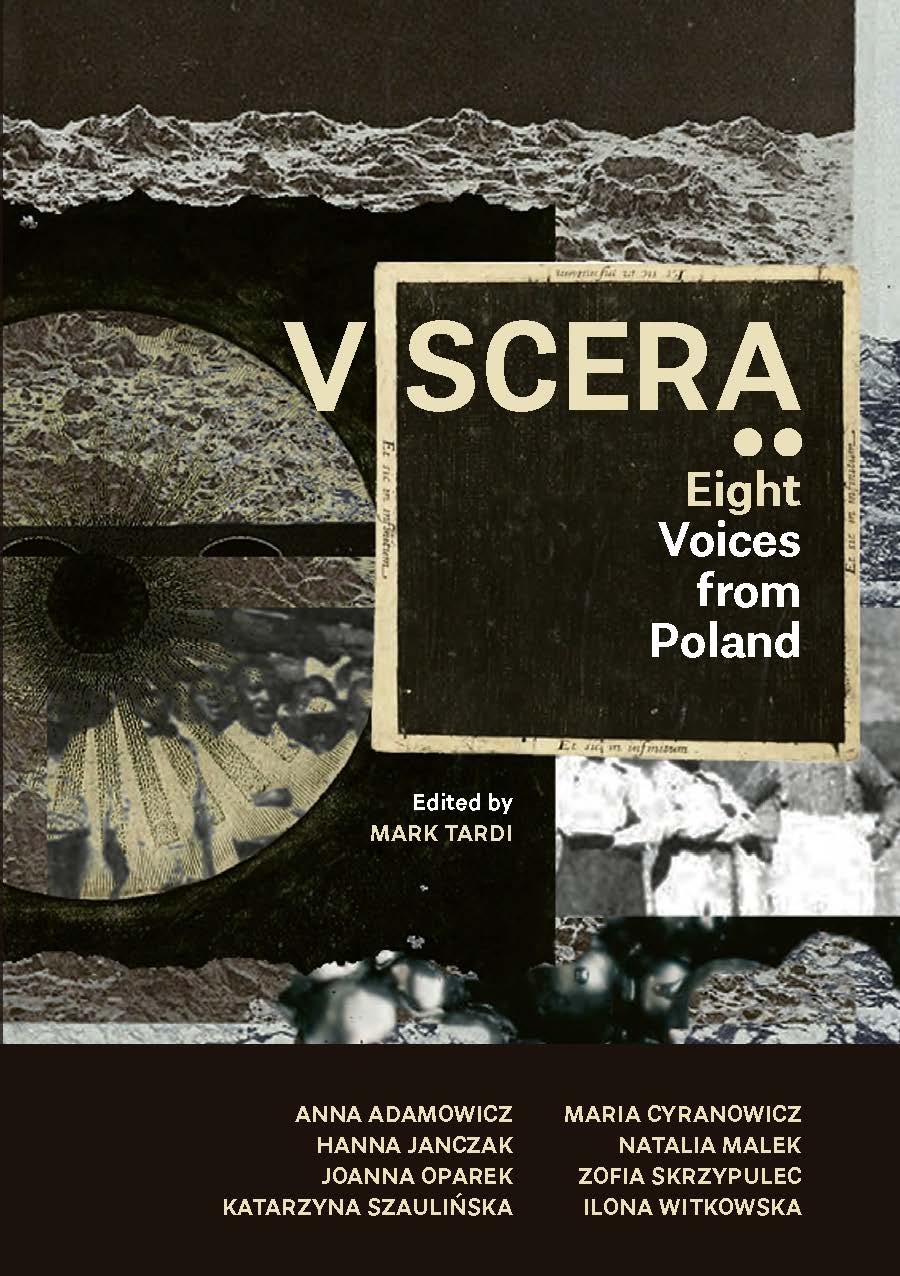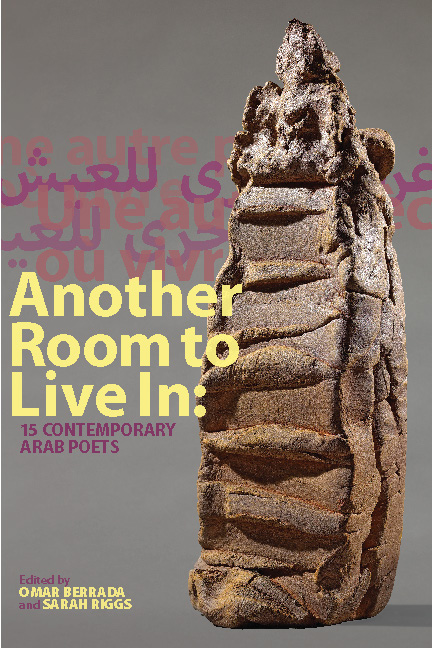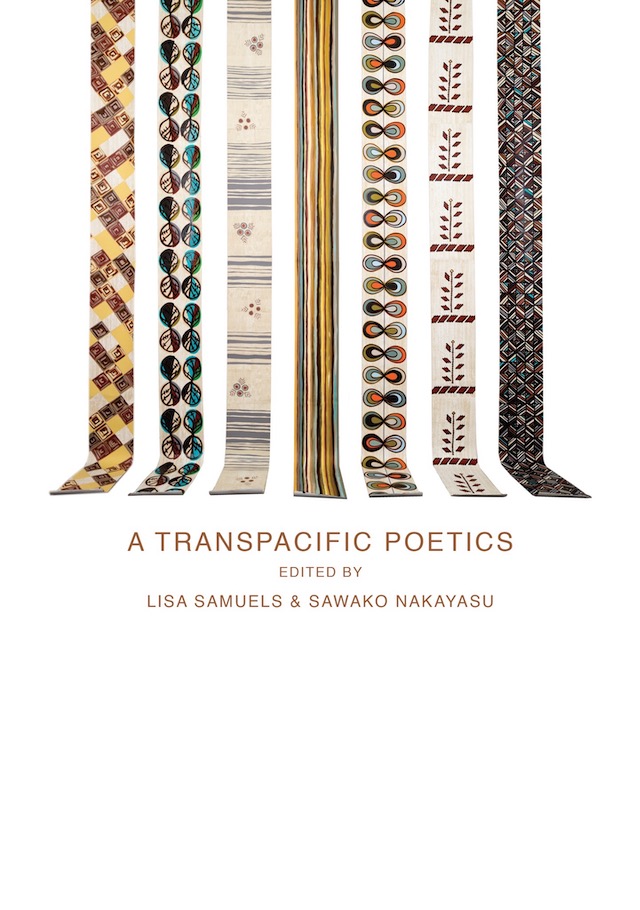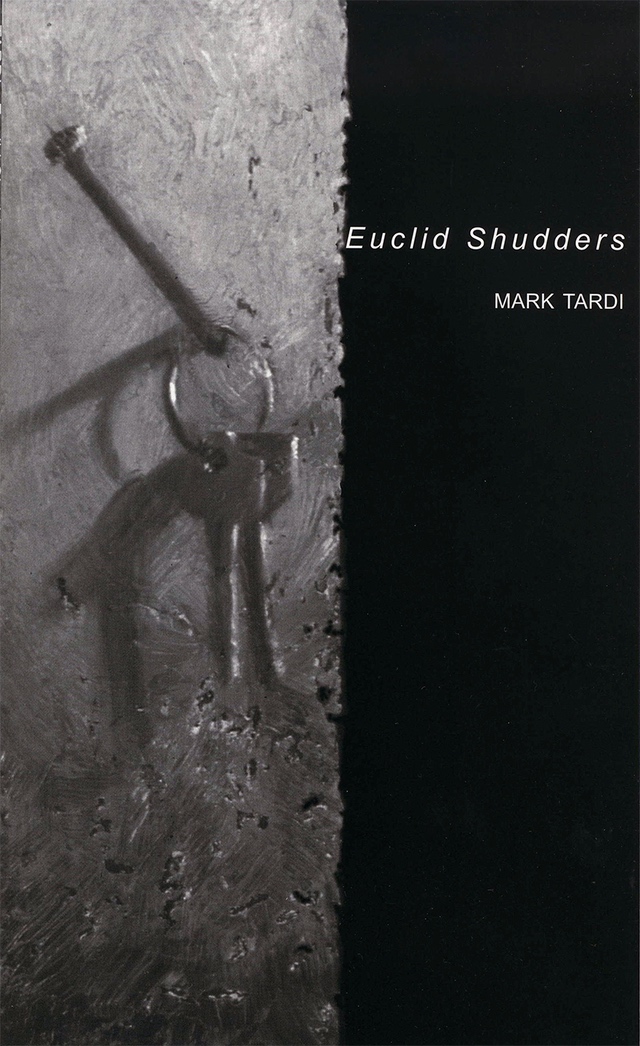Viscera: Eight Voices from Poland, edited by Mark Tardi, presents a selection of work by Polish women writers committed to experimenting with form while shaping vigorous political critiques. As Tardi writes in the Introduction, “Each of the writers’ work in this book frustrates the limits of particular poetic concerns and together their voices comprise an archival octet that hums in ‘the breath’s hidden fissure,’ full of counterpoint, semi-chords and shards, formal daring and unapologetic verve.”
Authors include Anna Adamowicz, Joanna Oparek, Katarzyna Szaulińska, Zofia Skrzypulec, Maria Cyranowicz, Hanna Janczak, Natalia Malek, and Ilona Witkowska; translators include Mark Tardi, Lynn Suh, Małgorzata Myk, and Katarzyna Szuster-Tardi.
Mark Tardi
Praise for Viscera: Eight Voices from Poland
The eight poets selected for the presentation show Polish poetry at its best and most daring… The poets in Viscera speak in an astonishing variety of distinct voices; there are greater differences between them than similarities — what they have in common however is their ‘peripheral’ (in the positive meaning of the word) position: none of them belongs to the literary mainstream, none of them is the media’s darling, most of them are at the beginning of their literary careers, which makes [the] selection highly unique and uncompromising. A pioneering work indeed…
— Jerzy Jarniewicz
Mark Tardi, Małgorzata Myk, Lynn Suh, and Katarzyna Szuster-Tardi have created an exciting translation project that is sorely needed in these times when many geopolitical borders are becoming increasingly impervious and violent. Their miraculous, transnational, collective work offers crucial visibility of Polish women poets who are reshaping the past, present, and future terrains of contemporary Polish poetry.
— Don Mee Choi
This anthology of innovative poetries from contemporary Polish women is vivid, unruly, and captivating: a “celebration of intrusions,” as Maria Cyronwicz writes. The eight poets featured in the collection leap from Polish into English where they refresh readers with their attentions: Cyranowicz notes that even a hair clip can serve as “a disoriented trace in the most difficult language.” Editor Mark Tardi and a team of deft translators bring a formally various range of styles to life here. The originality of the writing cuts through culture and geography creating poems, as Ilona Witkowska asserts, whose “festoons of lights/are barbed wire.” In an engaging section of poetics statements, Hanna Janczak notes, “I can’t decide. But do I have to?” The answer would seem to be no. Anna Adamowicz, proposing to “dissect each planet like a peach and extract the pit,” makes clear that all things are possible.
— Elizabeth Robinson
I’ve read these poems a lot, mainly one dark night by headlamp in my car in a walmart parking lot in Texas on the eve of the total eclipse. I thought my mother’s first language was polish and I love these poems so much I want to translate them through the body of my dead mother. People who teach should use these viscera, people who sing in front of bands should shout these lyrics, I want to throw away the pressure of nations, why polish poems, but then everything devolves to English. These are far better than American poems I know, better than mine, anything can happen in here and Viscera is a new blank goddess who watches war on their phone, checks the inside of their body in and out till we’re millions of miles into space, and we want to come home, and when we do this is all there is, and it is good.
— Eileen Myles





“This luminous bilingual anthology features eight contemporary women poets from Poland… The opening ‘Cantata’ section presents selections from each, displaying their range of styles, from the philosophical experimentation of Skrzypulec to Malek’s concise lyricism…. It’s a welcome introduction to major new voices on the world stage.”
— Publishers Weekly
“The eight poets selected for the presentation show Polish poetry at its best and most daring. I wish we had such an anthology in Poland. The poets in Viscera speak in an astonishing variety of distinct voices; there are greater differences between them than similarities – what they have in common however is their ‘peripheral’ (in the positive meaning of the word) position: none of them belongs to the literary mainstream, none of them is the media’s darling, most of them are at the beginning of their literary careers, which makes your selection highly unique and uncompromising. A pioneering work indeed, also in the Polish context.”
— Jerzy Jarniewicz